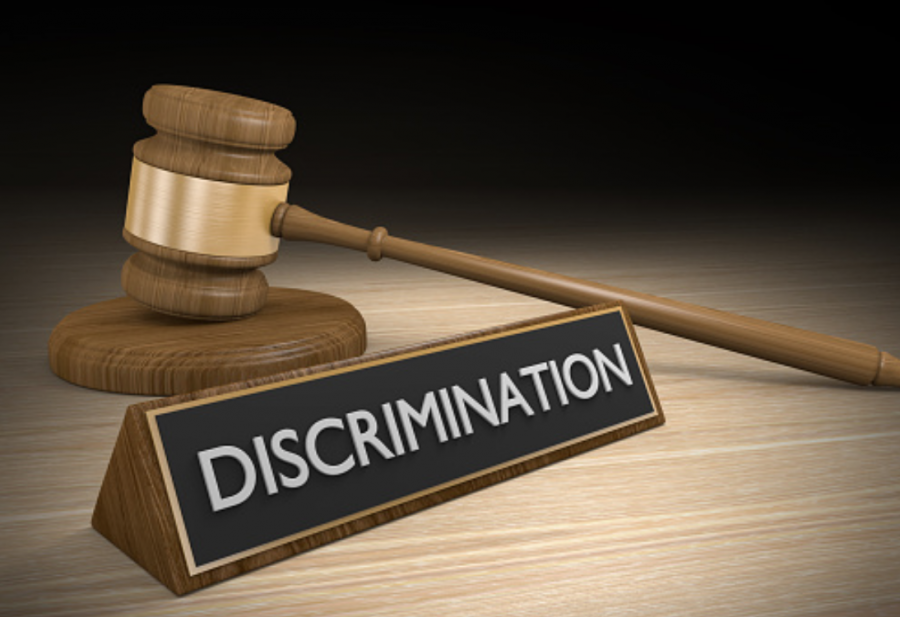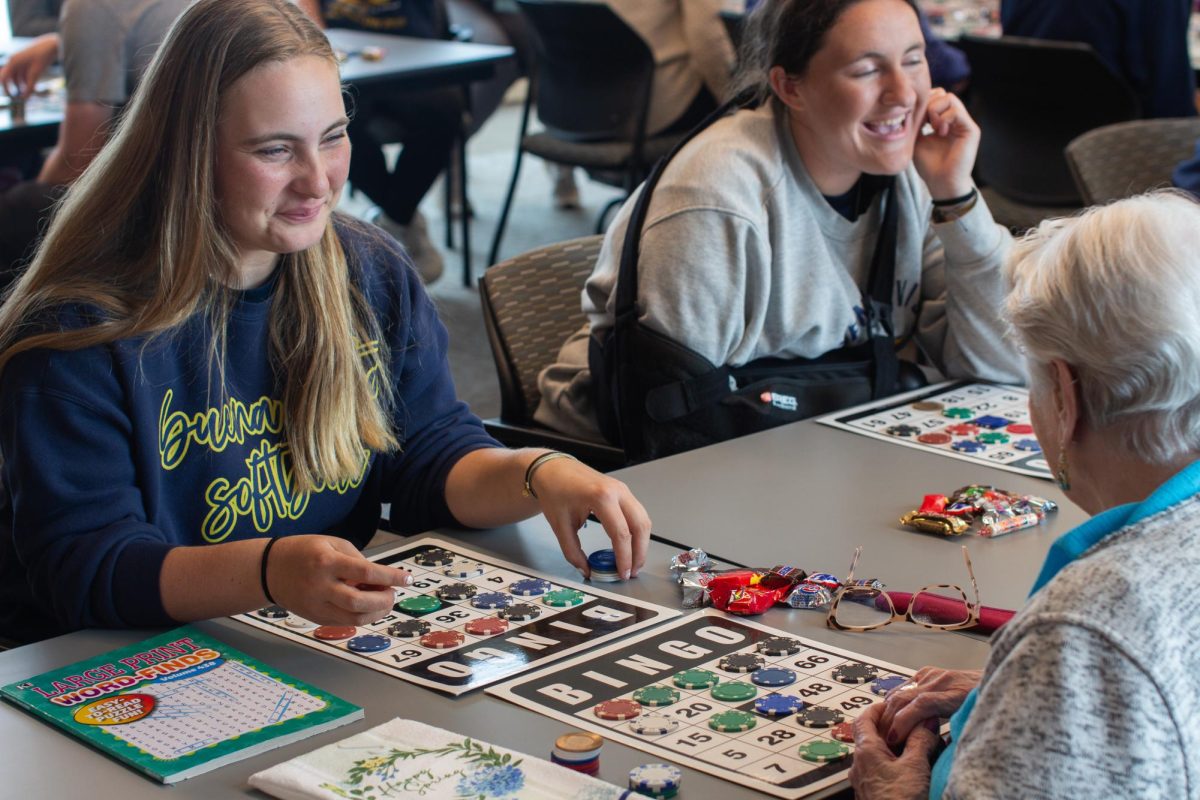On Oct. 10, Vice President of Student Affairs Dale Scully alerted the Buena Vista University community via email of an alleged racial discrimination incident that had occurred on the Rides bus over the weekend. The email indicated that Student Affairs was investigating. According to Assistant Dean of Students and Director of Campus Security Mark Kirkholm, the investigation and subsequent panel hearing resulted in the case being dismissed.
“They have to use all the information they have to be able to make that determination,” Kirkholm said. “Understand that the fact that they don’t meet that determination doesn’t mean a person is innocent. It just means there wasn’t enough evidence … to find a person responsible.”
While the investigation and results of the hearing are kept confidential, the students who reported the incident have been public. First-year students Alyssa Parker and Jerzy Gillon submitted their formal complaint via email about the alleged incident.
Scully’s October email outlined the complaint, which read, “In the early morning hours of Sunday, Oct. 9, 2016, a report was submitted to Student Affairs indicating that two women were boarding the bus to return to BVU from Malarky’s when they were verbally accosted by a student(s) who repeatedly shouted at them to ‘sit your black asses in the back of the bus’ and then ‘sit your black asses down.’”
The email encouraged anyone with information to contact Kirkholm or Scully.
“The Office of Student Affairs and Human Resources take incidents of discrimination seriously and stands in support of the health, safety, and dignity of our community members,” Scully wrote in the message.
Exactly one month after the report was filed, Paker and Gillon were notified that the panel that heard the case dismissed it based on insufficient information, so no parties were found responsible.
The process for determining the outcomes of cases like these are specific and outlined in the “Buena Vista University Policy Against Discrimination, Harassment and Gender Based Misconduct and Sexual Misconduct.” Access to this document is provided to students at the beginning of each academic school year and can be found at bvu.edu.
“Everybody has a right to file a complaint and be a complainant,” Kirkholm said.
According to the policy, there are two resolutions for complaints on alleged allegations: informal resolution and the formal grievance process. When determining a case related to sexual or gender-based violence violations, the informal resolution process does not apply.
All other complaints, such as: discrimination, harassment, gender- based misconduct, and/or sexual misconduct are taken with the formal grievance process and can be directly reported to the BVU Human Resources Manager Meghann Henrich or Vice President of Student Affairs Dale Scully. If neither are available for response, the complaint can be filed with Vice President of Finance and Administration Suzette Radke.
As per page 11 in the policy, formal grievances reported to the university must include the following:
- Name of the accused individual (respondent), his or her position or status, and contact information, if known;
- Clear and concise description of the alleged incident(s), what, when and where it occurred with supporting documentation and evidence, if any;
- Description of all informal efforts, if any, to resolve the issue(s) with the person
involved (except in the case of gender-based allegations). This includes names, dates and times of attempted or actual contact along with a description of the discussion and the manner of communication made in the course of each effort;
- Names of witnesses or individuals who may have direct and relevant information about the specific allegation (with accompanying addresses, email addresses, and telephone numbers).
- Complainant’s signature and the date signed.
Parker and Gillon experienced the process after filing a formal grievance on Oct. 10. They did not expect the outcome of the hearing, and are disappointed.
“I couldn’t even say anything honestly,” said Gillon. “This didn’t happen to the university; this happened to Jerzy and Alyssa.”
“I don’t know how BVU wanted us to take it. I don’t want to put BVU in a negative light, but I’m not going to not do anything about this,” said Parker.
The evidence needed to find someone guilty of a charge varies from case to case. Kirkholm stated that the board is in charge of finding the person responsible by using what’s called “preponderance of evidence.” This means the evidence must convince the board that it is more likely than not that the claim is true.
“They’re determining on how many witnesses there are, how long it takes to investigate, trying to get schedules put together for the panel and everybody involved to be able to participate. The goal is to be as expeditious and efficient as possible,” Kirkholm said.
Kirkholm mentioned recording an incident in the annual crime statistics can be extremely complicated. One challenge is that the Clery Act reporting requirements are geography-based.
“Under the statistics that every campus in the nation is required to maintain and keep is geography based. And so I am required to keep statistics on these categories for on campus, our campus’ proper boundaries. There’s another one that talks about off campus, but it has to be on property that we control,” he said.









